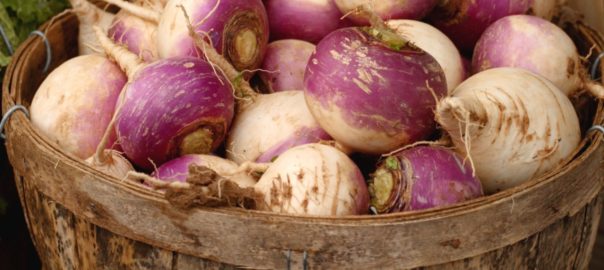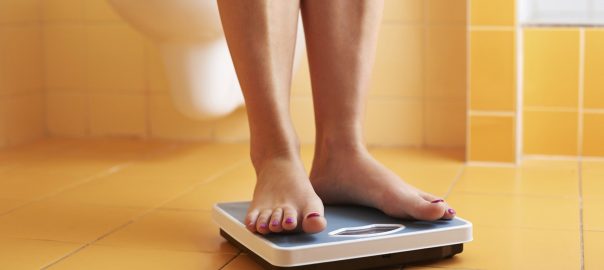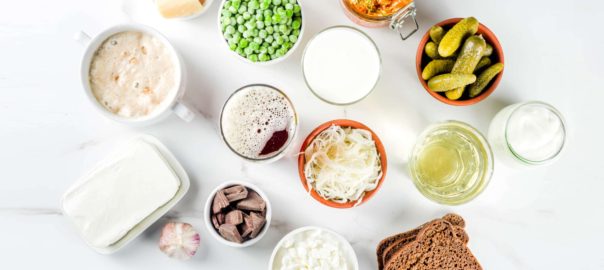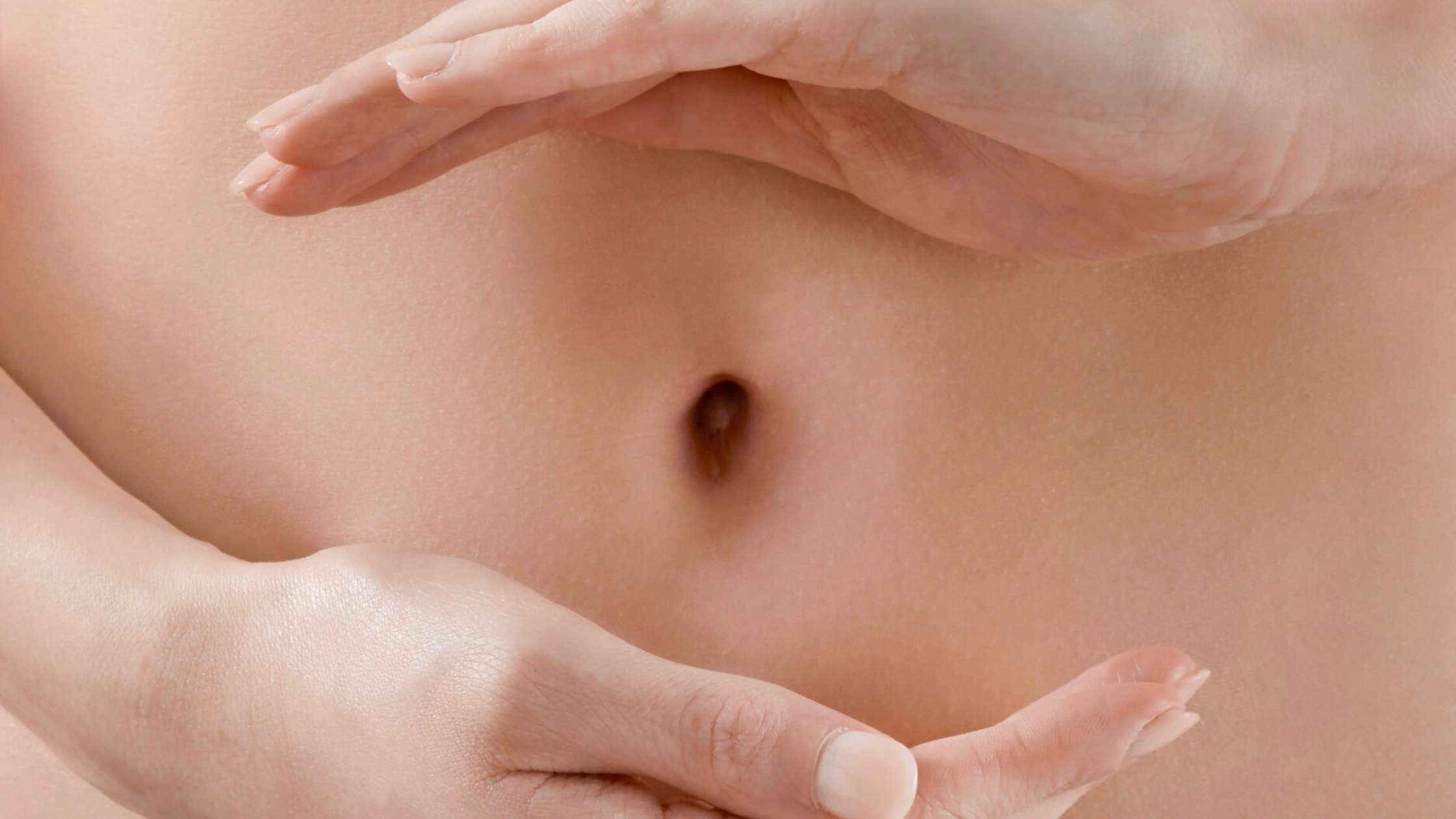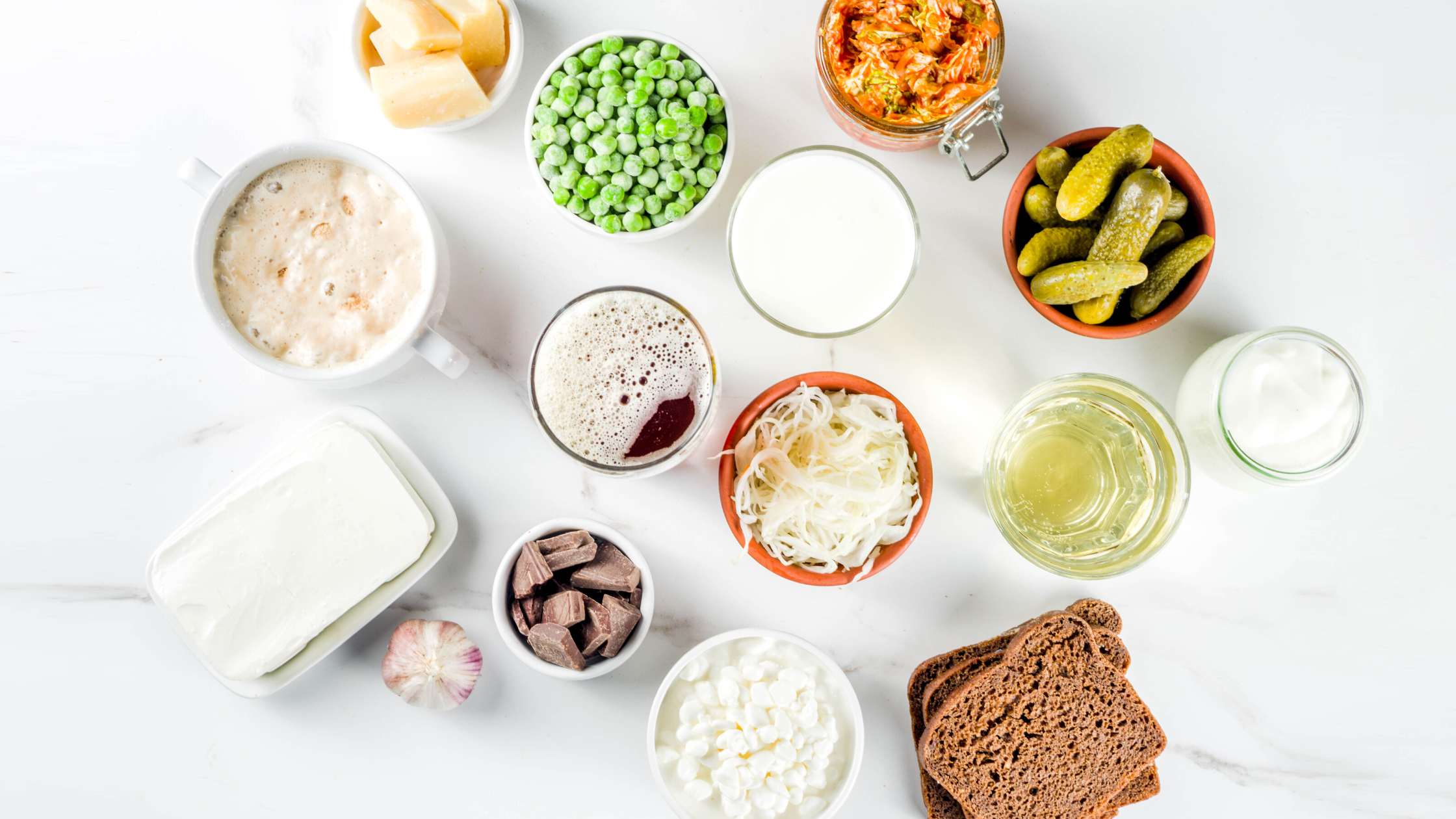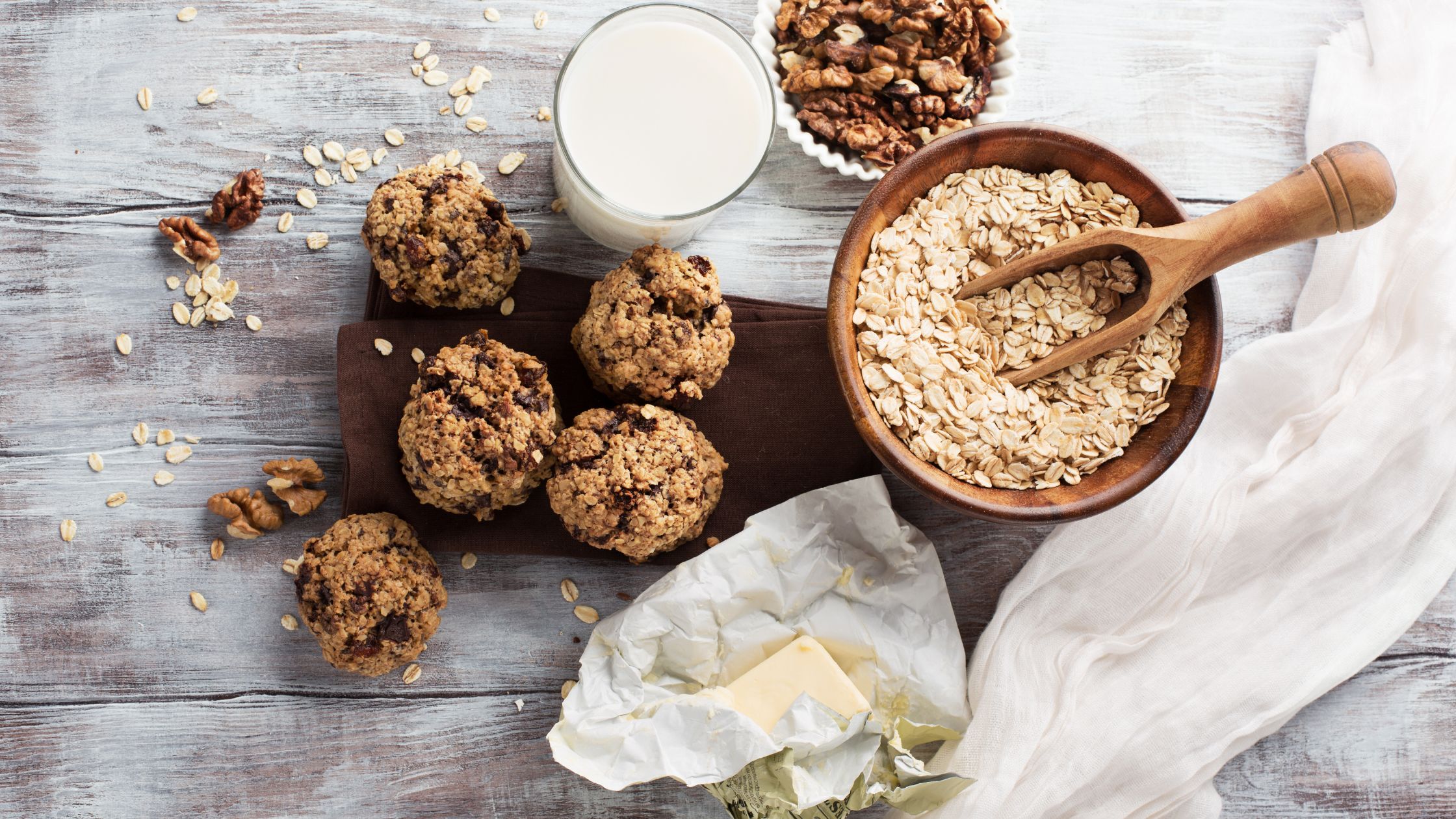A different kind of root vegetable
When thinking about root vegetables most people are familiar with carrots, potatoes, and onions. There are, however, a number of other root vegetables. One overlooked vegetable, in particular, is a great addition to the diet; especially when you’re looking to eat a rainbow that has more than green veggies in it. This amazingly healthy choice for root vegetables is turnips. This creamy-purple root vegetable is part of the Brassicaceae family and tends to be grown in temperate climates. It has a similar look to beetroots; with a bulbous shape and large green leaves. Turnips are easily grown on a small scale in a backyard small garden or they can be planted in containers. All parts of the plant are edible, root, leaves, and sprouts from the seeds.
Nutrition in turnips
Turnips are a must have nutrition-packed vegetable for the diet. A delicious and filling low-calorie root vegetable, they provide dietary fiber plus numerous vitamins and minerals such as Vitamin A, Bs, C, K, folate, magnesium, iron, and calcium, copper and phosphorous. Sprouts made from turnip seeds have been shown to have the second highest level of glucosinolates (mustard sprouts are the highest) which is highly anti-carcinogenic, anti-fungal, and anti-bacterial.
Not only are these amazing vegetables delicious, but they are also versatile and can be enjoyed in different forms. Turnips can be added to stews, grills, appetizers. They can be steamed, mashed, slightly cooked, or roasted and used in the preparation of a variety of cuisines worldwide. Baby turnips are very tender and can even be eaten raw. Braced by their long shelf life, these veggies ideally should always be included on the grocery list. But you may be wondering how turnips benefit our health?
Health benefits of turnips
In addition to their wonderful flavor and versatility, it turns out there is a wide variety of ways that adding turnips to your diet can support good health
Fight Inflammation
Due to the high levels of polyphenols and flavonoids, turnips are a highly anti-inflammatory food. Given the connection of inflammation to chronic health issues, adding anti-inflammatory foods, such as turnips and turnip greens, to the diet is a beneficial way to reduce risk factors for many different diseases.
Reduce the risk of chronic illnesses
Part of the nutritional content of turnips includes high levels of Vitamin C, a powerful antioxidant. Vitamin C provides the body with superior defense against chronic diseases like diabetes, high blood pressure, and cancer by boosting the immunity of the body. It does this by protecting the cells from free radicals. In addition to Vitamin C, turnips are an excellent source of Vitamin K, a fat-soluble vitamin which has been shown to be beneficial for reducing cancer risk, preventing osteoporosis, helpful against insulin resistance, supportive for cardiovascular health, and it and also be beneficial for supporting brain health in older adults.
Helpful for good digestion
The fiber content found in turnips does a great deal for our digestive system. Fiber promotes good bowel movements and is generally supportive of overall bowel health. Regular elimination, due to better fiber content in the diet, is frequently associated with better detoxification. Fiber also provides pre-biotic content, the food for the probiotics living in our gut, and helps to maintain a healthy system overall. A higher fiber diet means a stronger, more supportive microbiome and ultimately a healthier you.
May help support weight Loss
Turnips combine the advantage of high fiber and nutrient dense (lots of nutrients for very little calories) content. The fiber is supportive for gut health and can help contribute to satiety, the feeling of being full after eating which may in turn help with weight loss. This dietary fiber, found primarily in the roots, can help to boost the metabolism as well as controlling sugar levels in the body. This, in turn, can be part of the key to maintaining a healthy weight.
How to eat turnips
No matter how healthy turnips are the best part is how delicious they are. Here are a few ideas on some great ways to include turnips in your diet:
- Baby turnips are very tender and tasty, these can be sliced and eaten raw or diced into salads
- Turnip sprouts are a tangy addition to a salad or can be added to other dishes
- Sauteed with the greens, some onions and a little garlic, turnips are mild and very delicious
- Roasting turnips is a great way to bring out their flavor, either on their own or in combination with other root vegetables
- Instead of potatoes consider boiling and then mashing turnips with a little butter, salt, and garlic. Or you can make a medley by combining different root vegetables and mashing them together
- Turnips are also wonderful in soups and can be a fabulous way to get a little more veggie (and fiber) into your diet
Recipe
As the weather gets cooler, soup becomes a weekly item on our family menu. Warm and comforting, it's an easy meal and a great way to use turnips and their greens together.
This recipe is based on Bert Greene's Mixed Turnip Chowder. I simply substituted a leek for the onion, added turnip greens and a couple of cloves of garlic. If you can't get rutabagas you can increase the turnips and potatoes to make up for them.
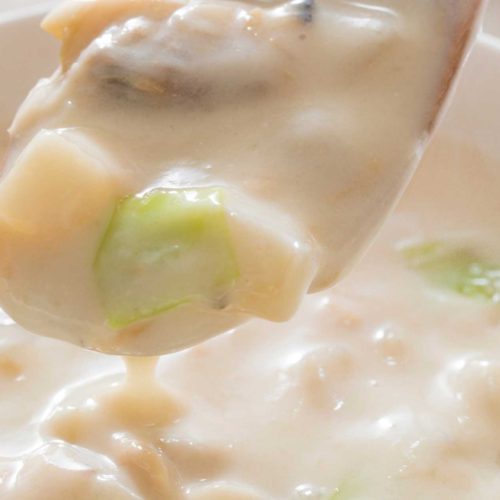
Mixed Turnip Chowder
Ingredients
- 2 T. unsalted buttermilk
- 1 leek rinsed and finely chopped
- 1 large rib celery finely chopped
- 1 pound turnips peeled and diced
- 1 ½ pounds rutabagas peeled and diced
- 2 medium potatoes peeled and diced
- 2 cloves garlic minced
- 1 quart vegetable broth
- salt and pepper
- 1/8 t. mace (note: I don't use this)
Instructions
- Melt the butter, add the leek and garlic and cook a couple of minutes
- Add the celery and cook a few minutes longer
- Add the root vegetables and broth
- Bring to a boil then reduce to a simmer
- Simmer about 20 minutes
- Remove half of the vegetables and 1 C. broth
- Add greens to the remaining soup in the pot
- Blend the removed vegetables and broth until smooth
- Return to the pot and add salt and pepper
- Simmer another 5 minutes and then serveEnjoy!
Sources
- Diabetes Care - 2008 Nov; 31(11): 2092–2096
- Integr Med (Encinitas) - 2015 Feb; 14(1): 34–39
- J Food Science - Vol 84, Issue 1, Jan 2019, pp 19-30
- J Compliment Integr Med - 2012 Jul 2;9:Article 13
- National Nutrient Database - Turnips
- Neurobiol Aging - 2013 Dec;34(12):2777-83
- Nutrients - 2017 Aug; 9(8): 866
- Nutr Clin Pract - 2007 Oct;22(5):517-44
- Oncol Lett. - 2018 Jun; 15(6): 8926–8934
- PLoS Med - 2015 Sep; 12(9): e1001878
- ScienceDaily - 11 April 2016
photo courtesy of jackmac34

